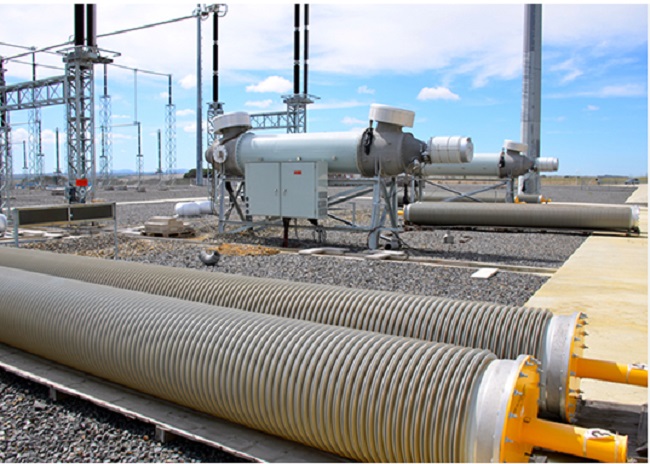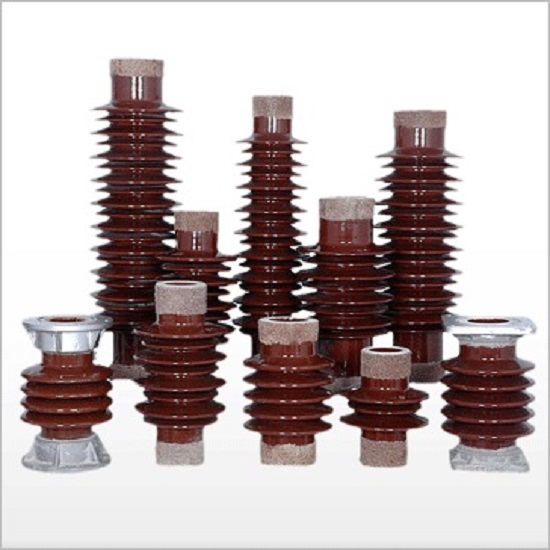
High voltage hollow insulators are commonly made from materials known for their superior electrical insulation, mechanical durability, and ability to withstand various environmental conditions. Porcelain, glass, and composite materials like epoxy resin reinforced with fiberglass are frequently used in their construction.
What is a high voltage hollow insulator and why is it important in circuit breakers?
A high voltage hollow insulator is a specialized component used in electrical systems to provide insulation and support for high voltage equipment. These insulators are specifically designed for use in high-voltage applications, such as circuit breakers, where they are essential in ensuring the safe operation of the electrical system.
1. High-voltage hollow insulators provide insulation and support for high-voltage equipment.
2. They are specifically designed for high-voltage applications, like circuit breakers.
3. Ensuring the safe operation of the electrical system is their primary function.
![]()
high voltage circuit breaker with porcelain and silicon rubber insulator
How do high-voltage hollow insulator specifications differ for various types of circuit breakers?
High voltage hollow insulator specifications can vary depending on the type of circuit breaker they are used in. Factors such as voltage rating, current capacity, and environmental conditions can all influence the design and specifications of these insulators.
1. Insulator specifications can vary based on the type of circuit breaker.
2. Factors like voltage rating, current capacity, and environmental conditions influence the design.
3. Customized insulator specifications may be required for different circuit breaker applications.
What are the key aspects to consider when selecting a high-voltage hollow insulator for a circuit breaker?
When selecting a high-voltage hollow insulator for a circuit breaker, there are several key aspects to consider. These include the voltage rating of the insulator, its mechanical strength, the materials used in its construction, and its compatibility with the circuit breaker’s design.
1. Voltage rating is an important aspect to consider when selecting an insulator.
2. Mechanical strength and materials used in construction also play a crucial role.
3. Compatibility with the circuit breaker’s design is essential for proper functioning.

Hollow porcelain insulator for high voltage circuit breaker
How do environmental factors impact high voltage hollow insulator specifications in circuit breakers?
Environmental factors can significantly impact high voltage hollow insulator specifications in circuit breakers. Temperature fluctuations, humidity, and pollution levels can all affect the insulator’s performance and longevity. Insulators must be designed to withstand these conditions, with appropriate materials and coatings to ensure their durability and reliability.
1. Environmental factors like temperature, humidity, and pollution can impact insulator performance.
2. Insulators must be designed to withstand these conditions for durability and reliability.
3. Appropriate materials and coatings are essential to protect insulators from environmental factors.
What are some common materials used in the construction of high-voltage hollow insulators, and why are they chosen?
High-voltage hollow insulators are typically constructed from materials that offer excellent electrical insulation, mechanical strength, and resistance to environmental factors. Common materials include porcelain, glass, and composite materials, such as epoxy resin reinforced with fiberglass.
1. Porcelain, glass, and composite materials are common choices for insulator construction.
2. These materials offer excellent electrical insulation and mechanical strength.
3. Resistance to environmental factors is another reason these materials are chosen.
Conclusion:
In conclusion, high voltage hollow insulators play a critical role in ensuring the safe operation of circuit breakers and other high-voltage equipment. Understanding the specifications of these insulators, such as voltage rating, mechanical strength, and materials used, is essential when selecting the right insulator for a specific application. Additionally, considering environmental factors and choosing materials that can withstand these conditions is crucial for the insulator’s durability and reliability. By understanding these factors, engineers and technicians can make informed decisions when selecting and installing high-voltage hollow insulators in circuit breakers.



